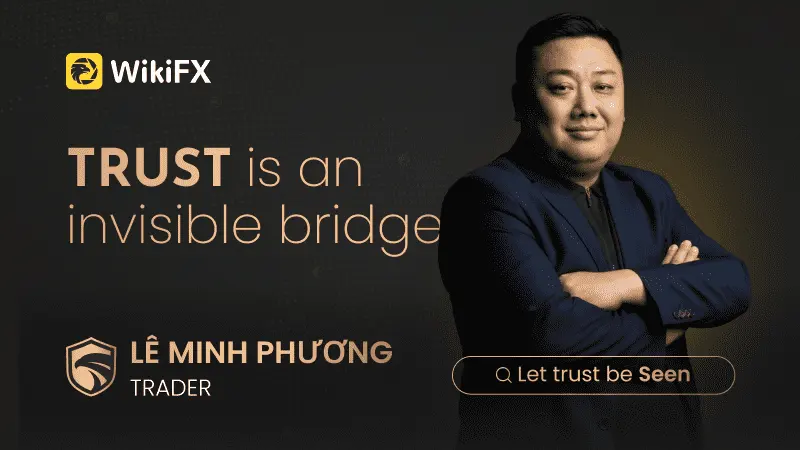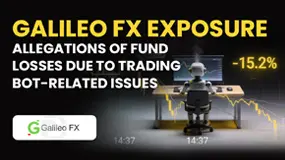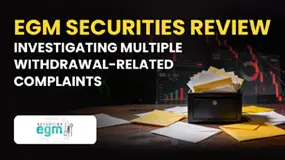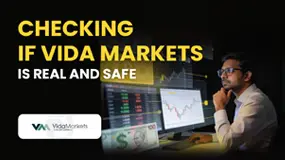Abstract:The excessive cost of due diligence and the availability of adequate skills sets have been cited among the stumbling blocks impeding infrastructure or impact investments.
The challenges were highlighted during a panel discussion on impact investing at the 4th annual South African Investment Conference, at the Sandton Convention Conference.
Anne Cabot-Alletzhauser, co-founder of Responsible Finance Initiative at the Gordon Institute of Business Science, said these challenges had often been raised by industry players.

“So what they were doing is combining forces and saying let's have an entity that can do the due diligence on behalf of all of us.”
She said the RFIs own challenge was how the spirit of sharing costs could be cascaded to smaller fund and asset managers on a consultancy basis.
She said another challenge of the Financial Sector Conduct Authority (FSCA) was transformation as there is a lack of skill sets. She said there needed to be a transfer of skills. She said a big cultural change was needed for progress.
Cabot-Alletzhauser said there was a need to have a mechanism of cultural change and cost control.
She added that an entity independent of the FSCA was needed to set standards and understand what investors were trying to achieve.
Her sentiments were echoed by Zoheb Khan, Intellidex research manager and IISA Foundations Working Group head, who added that several barriers were stifling impact investing.
“One of them is regulatory uncertainty, which was not unique to South Africa,” he said. “You can't do certain activities that start to blur the line between social impact and being profit-making.”
He said last year, IISA Foundations Working Group worked with Oman.
“They specified quite clearly where there were ambiguities in the legislation around impact,” he said.
In South Africa, he said the foundation would in the next phase – later this year – be making submissions to SARS and the National Treasury to provide non-legislative guidance around how to interpret some of the activities that the report identified.
Financing social development goals
Senior Economist at the United Nations Development Programme (UNDP), Rogers Dhliwayo, said it was a known fact that financing social development goals (SDG) was an expensive exercise.
The COVID-19 pandemic compounded matters two years ago, he said.
Before COVID I think the financial resources which were linked to developing countries was about $2.5 trillion per year, but with COVID, this has actually increased by 70%, to about $4.2 trillion.
He said that this meant there was a role for the private sector to align their investments with SDGs. Looking at the financial resources which are held by institutional investors, the financial sector and even pension funds, globally, to move this needle, we need about $3.79 trillion.
“So to move the needle on the SDGs and even on climate change, we only need an alignment of those assets by one percent for us to achieve the SDGs and a net zero.”
He said this encouraged the private sector investors to report on their sustainability contribution.
“That is: how they are contributing to environment and social capital so that there is impact...so the private sector has got a role.”
He reiterated that SDGs played a major role in paving a path for other investment opportunities, particularly with regards to energy.
“We have heard this morning that there cannot be a net zero without finance,” he added.
“We need to blend these resources with private sector resources to actually move South Africa to net zero by 2050,” he said.
Cerin Maduray, World Wildlife Fund (WWF) Investment Analyst, said impact investing in the SME space was difficult to navigate.
WWF Investment considers integrating sustainable finance and environmental finance throughout the whole financial sector.
He said while the Funds major focus was on the green financial solutions created out of pockets, it needed corporates to engage with regulators and policymakers.
It is a challenge for us. It's a challenge for the fund managers and it's not in the sense that there aren't green businesses popping or businesses that have a good story, it's the bankability of many businesses.
“So this risk return dynamic that's coming into play, it's always been part of the finance sectors in the view of investing.”
When it came to impact investing companies, sometimes those risk return characteristics don't quite make enough sense for them, he said.








